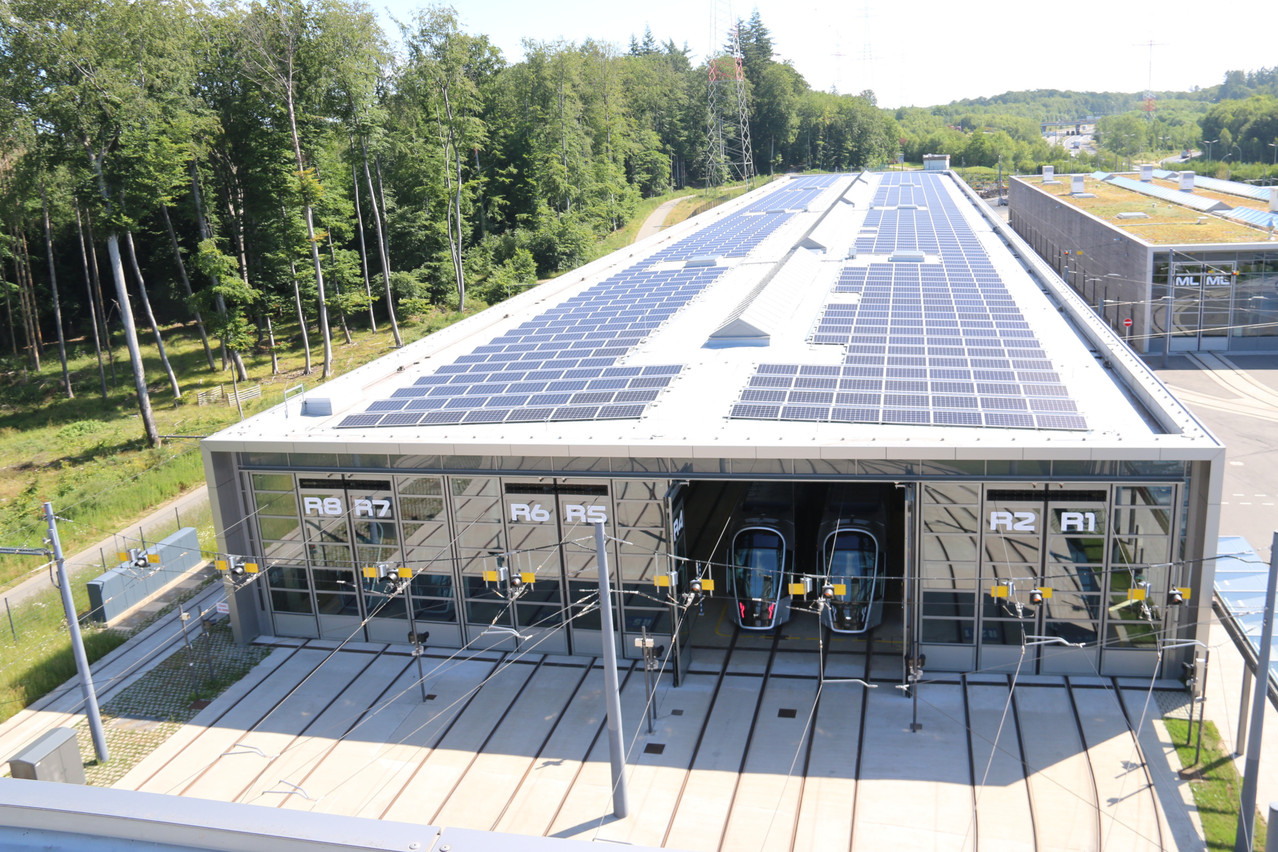New technologies contributing to reducing the environmental impact of economic activity or making better use of resources are defined by the European Commission as eco-innovation. The euro zone’s contribution in this bracket is equal to that of the US (20,6%) which tops the OCDE’s chart of countries developing new sustainable technologies. Luxembourg, in 2018, developed just 0.04% of all eco-inventions points out the chamber of commerce in its report following a work shop in February which aimed to assess the country’s performance and identify ways to improve it. The grand duchy sits 45th worldwide in terms of its contribution for 2018 and has registered a performance below the EU average.
The chamber of commerce’s report puts forward 30 proposals split in eight recommendations. On the one hand, it suggests the creation of a national platform for eco-technologies and a mapping of Luxembourg’s innovation landscape. On the other hand, the chamber proposes the stimulation of collaborative eco-innovative solutions and bringing together private and public sectors while monitoring companies’ environmental data. These recommendations are aims to make Luxembourg a leader in eco-innovation.
“There are two possible and complementary ways for the research ecosystem to participate even more in making Luxembourg a leader in environmental technologies: academic excellence, which must be further promoted, and the direct contribution of research to industrial technological innovation,” states the chamber’s report.
The explicit choice of the University of Luxembourg’s Interdisciplinary Centre for Security, Reliability and Trust (SnT) to recruit professors and researchers who want to work with the private sector is an important factor for the grand duchy’s improvement in the eco-innovation bracket, according to the chamber.
